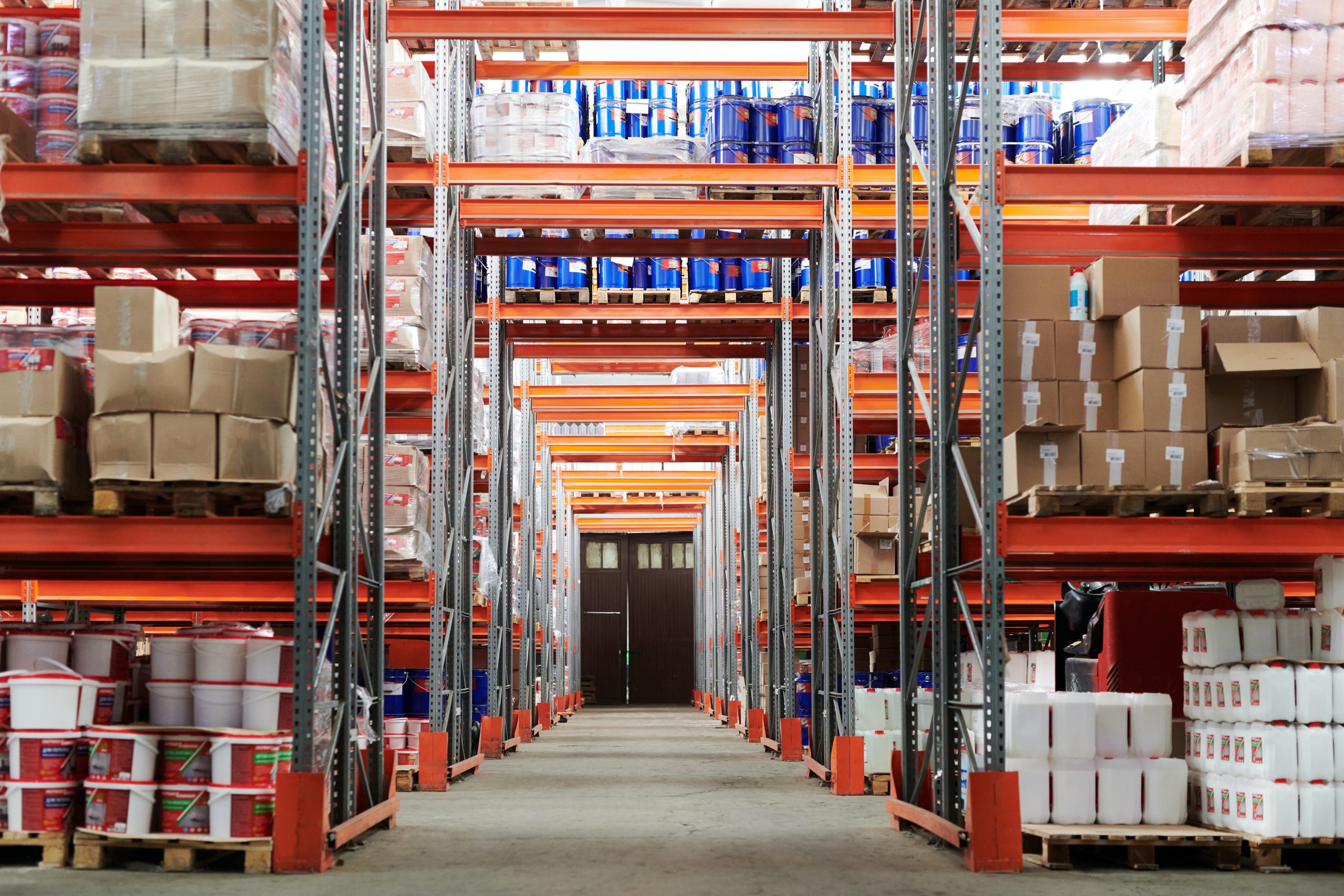The terms Business to Business (B2B) and Business to Customer (B2C) can sometimes be confused - but there are significant differences, especially with regard to the processes in the FulfillmentFor a long time, B2C trade was predominant, but in the last 10 years, B2B companies have also ventured into online trade. If you have not yet looked at the differences between the two industries in terms of logistics, here is an overview of the most important differences - and similarities - in B2B and B2C fulfillment. For traders in both the B2B and B2C sectors, it is beneficial to understand their own target group in order to be able to respond to individual needs. With the right fulfillment partner by your side, you will be able to offer end customers an unparalleled experience.
An external service provider can offer the following advantages in B2B and B2C fulfillment or take the following steps for your company:
- Flexibility
- Expertise of logistics expert
- Complaints and returns management
- Customer Service
- Individual adaptations
- Complete takeover of all logistics processes
How does B2B fulfillment work?
B2B fulfilment services focus on shipping between companies (business to business). The focus is on handling large, bulk orders and warehouse logistics processes such as the delivery of products to retailers.
This involves the producer of the goods on the one hand and the recipient of the goods on the other. This model can be well understood using the example of work in the retail sector. Here, the fulfilment service provider acts in an intermediate position between the producers and the individual supermarket chains.
How does B2C fulfillment work?
B2C fulfilment services deal primarily with the end customer. Without large bulk orders, handling is child's play for the logisticians. The focus is also quite different: B2C fulfilment concentrates on fast and transparent deliveries. Customers should be satisfied with the product, the shipping options and the delivery, i.e. have a positive experience. Significant offers such as free shipping or same-day shipping can create these positive experiences.
Order quantity & delivery times: B2B fulfillment vs. B2C fulfillment
A significant difference can be seen in the order quantity. While considerably higher quantities are transported in B2B fulfillment, the number of goods orders is significantly lower in B2C. Usually, B2B goods are ordered and delivered in larger units, which are then transported by KEPproviders (courier/express/parcel service).
This is significantly different in B2C fulfillment. The goods are delivered directly to the customers - the shorter delivery time, which is normally less than 24 hours , is of great importance. B2B fulfillment focuses on so-called just-in-time delivery. According to this, delivery times are planned along the value-added chain, as there are great dependencies between the individual suppliers and production. B2B logisticians plan deliveries with foresight to avoid delivery bottlenecks or production interruptions. Therefore, fast delivery is not quite as relevant as in B2C fulfillment.
Shipping frequency & price advantage: B2B fulfillment vs. B2C fulfillment
A significant difference between the two types of fulfilment also lies in the shipping frequency. In the B2B sector, fewer orders are usually placed in terms of numbers, as companies purchase products in large quantities. In B2C, on the other hand, there are many individual orders, the number of which can increase rapidly due to seasonal factors - e.g. especially in the pre-Christmas period. Likewise, impulse purchases are more likely to be found in the B2C sector because end consumers, unlike businesses, usually do not strategically plan which products they will actually need in their (work) everyday life. Business customers usually do not buy on impulse, but calculate the need for the necessary products in advance.
Therefore, B2B fulfilment is all about meaningful relationships, because relationships with suppliers and companies bring in a big advantage in terms of price above all else. To build a trusting, long-term relationship, personal connections are important not only before but also after the transaction. Customer loyalty is also relevant in B2C, but few concrete steps are taken to nurture the individual relationships. In B2C fulfilment, well-rehearsed customer service is the key, while competitive prices, quality products and on-time delivery are more important for the company, which in turn is what B2B fulfilment specialises in.
The customer experience as the link between B2B and B2C
With the emergence of the first online stores on the internet, the focus was initially on the presentation of the products. By offering the products, the demand on the customer side was forced. Today, the online economy is driven by targeted demand, resulting in strong competition between different companies. As already mentioned, the key is to stand out from the competition in order to secure a corresponding market advantage. Getting a foothold in the fulfillment world is not easy. With Warehousing1 at your side, you can find the ideal service provider and position yourself in the market without having to carry the whole responsibility on your shoulders.
Conclusion
B2B fulfillment and B2C fulfillment differ mainly in terms of shipping conditions and delivery times. Although both B2B and B2C involve the placement of orders, order picking, packaging and shipping, and returns management, the two forms are moving in different directions. However, both must be considered against the background that customer satisfaction (whether private or corporate) is the top priority.
If you decide to outsource your fulfillment, your business model will determine how it is handled in each individual case. The solution is as individual as your company itself. With the right partner by your side, you can efficiently optimize your warehouse logistics and thus increase your profit margin. At this point Warehousing1 acts as a competent interface between companies and warehouse service providers. With more than 500 warehouse locations, modern technology and our own cloud-based platform we will find the right fulfillment solution for you. Please use our contact form to arrange a non-binding consultation appointment with one of our account managers.



